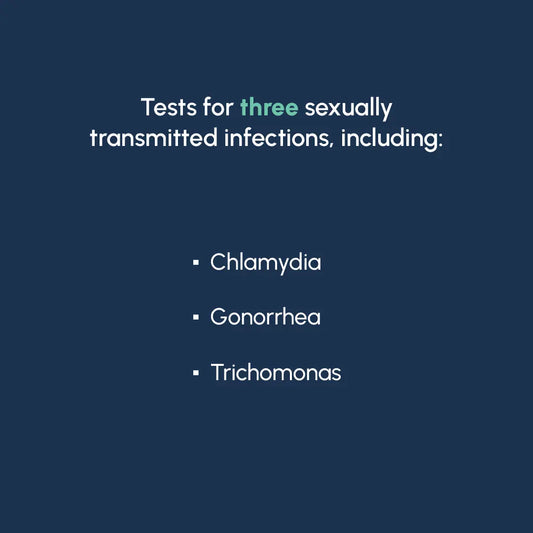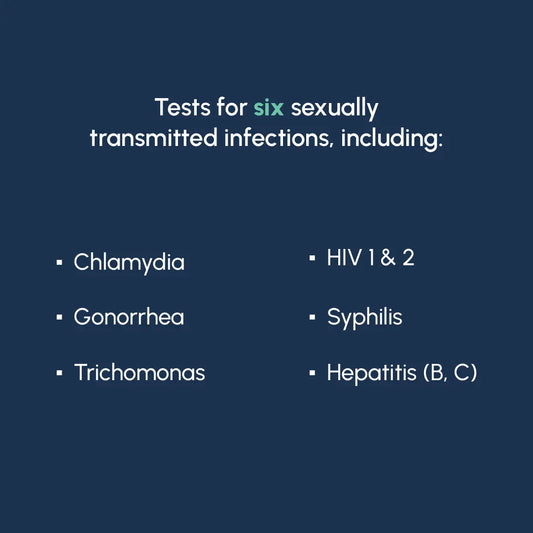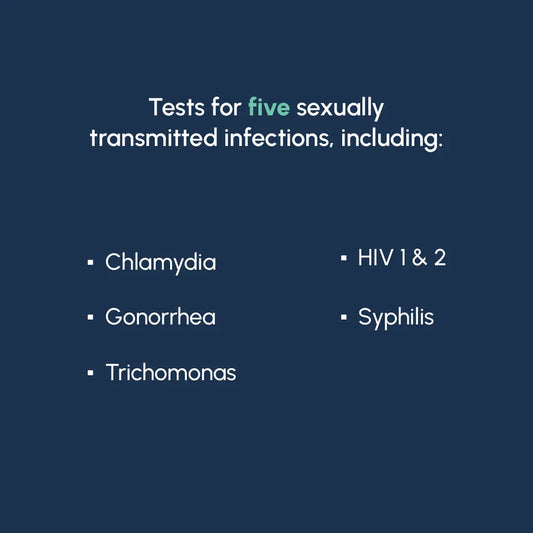The Alarming Increase in Syphilis Cases: A Global Health Concern
In recent years, the world has witnessed a troubling resurgence in syphilis cases, a sexually transmitted infection (STI) that many had hoped would be relegated to history books. This increase is particularly alarming given the advances in medical science and public health initiatives aimed at combating STIs. Various factors contribute to this surge, including social, economic, and behavioral changes, highlighting the need for a renewed and coordinated global response.
A Global Perspective
The World Health Organization (WHO) reports a significant rise in syphilis cases globally, with new adult infections increasing by over one million in 2022 alone, reaching a staggering total of eight million cases. The highest increases have been observed in the Americas and Africa, regions that already face substantial healthcare challenges (UN News) (World Health Organization (WHO)).
Syphilis, caused by the bacterium Treponema pallidum, is one of four curable STIs, alongside gonorrhea, chlamydia, and trichomoniasis. Despite its curability, syphilis poses severe health risks if left untreated, including cardiovascular and neurological damage, as well as increased susceptibility to HIV infection.
Factors Contributing to the Increase
Several factors have contributed to the resurgence of syphilis:
-
Behavioral Changes: Shifts in sexual behaviors, including increased rates of unprotected sex and multiple sexual partners, have significantly contributed to the rise in syphilis cases. The advent of dating apps and social media platforms has also facilitated casual sexual encounters, further increasing transmission risks.
-
Healthcare Disruptions: The COVID-19 pandemic has disrupted healthcare services worldwide, including STI testing and treatment programs. This disruption has led to delayed diagnoses and treatment, contributing to the spread of syphilis. According to WHO, many countries reported surges in both adult and maternal syphilis during the pandemic (UN News).
-
Antimicrobial Resistance: There is a growing concern about multi-drug resistant strains of Neisseria gonorrhoeae, the bacterium causing gonorrhea. This resistance complicates the treatment of gonorrhea and, indirectly, the management of syphilis, as dual infections are common (World Health Organization (WHO)).
Regional Disparities
The rise in syphilis cases is not uniform across the globe. The Americas and Africa have seen the most significant increases, with socio-economic factors playing a crucial role. In many low- and middle-income countries, limited access to healthcare, education, and preventive services exacerbates the spread of STIs.
In the United States, the Centers for Disease Control and Prevention (CDC) has reported a dramatic increase in syphilis cases. From 2017 to 2021, all stages of syphilis saw a 74% rise, with congenital syphilis cases increasing by 203%. These statistics underscore the need for robust public health interventions and targeted outreach to high-risk communities (CDC) (HHS.gov).
Public Health Response
To combat the rise in syphilis cases, a multifaceted approach is necessary:
-
Enhanced Surveillance and Reporting: Improved STI surveillance systems are crucial for timely detection and response. Accurate data collection and reporting help in understanding the epidemiology of syphilis and in tailoring public health interventions.
-
Education and Awareness Campaigns: Public health campaigns that educate people about the risks of STIs and the importance of safe sexual practices are vital. These campaigns should target high-risk groups, including young people, men who have sex with men, and marginalized communities.
-
Access to Healthcare: Ensuring access to testing, treatment, and preventive services is essential. This includes making rapid diagnostic tests and self-tests widely available, particularly in underserved areas.
-
Research and Innovation: Continued research into new diagnostic tools, treatments, and vaccines is critical. WHO and other health organizations are working to develop new interventions to curb the spread of syphilis and other STIs (UN News) (World Health Organization (WHO)).
-
Integrated Health Services: Integrating STI services with other health programs, such as HIV prevention and reproductive health services, can improve efficiency and reach. This holistic approach ensures that individuals receive comprehensive care and support.
Conclusion
The resurgence of syphilis is a stark reminder that STIs remain a significant public health challenge. Addressing this issue requires a coordinated global effort, involving governments, healthcare providers, and communities. By enhancing surveillance, improving access to care, and investing in research, we can work towards reducing the burden of syphilis and other STIs, ultimately improving public health outcomes worldwide.
For further reading and detailed statistics, you can refer to the WHO reports on global health sector strategies and the CDC's latest surveillance data (UN News) (World Health Organization (WHO)) (CDC) (HHS.gov).






